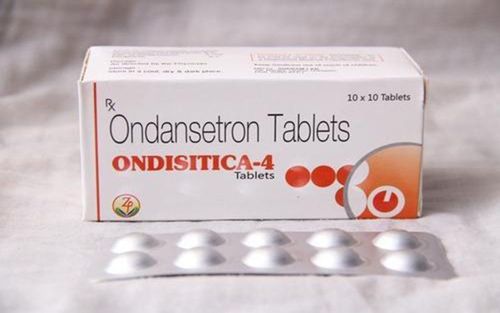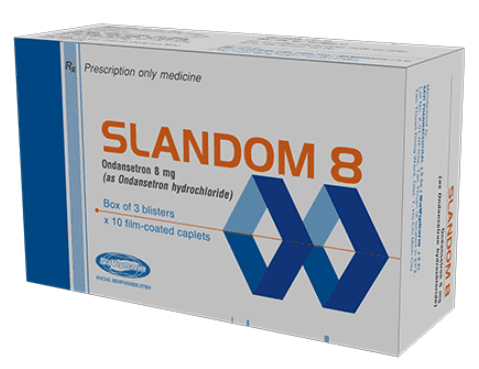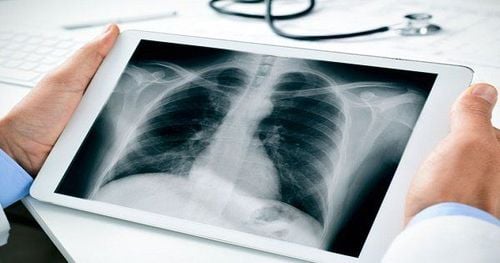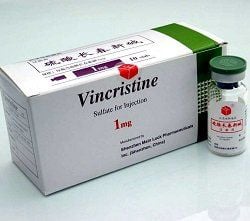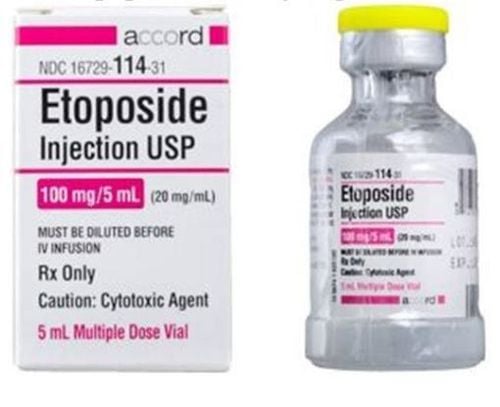This is an automatically translated article.
Post by Master, Doctor Mai Vien Phuong - Gastroenterologist - Department of Medical Examination & Internal Medicine - Vinmec Central Park International General Hospital.
Small cell lung cancer (SCLC) is divided into two stages, the limited stage and the extensive stage. Knowing the stage of the cancer will help you get the right treatment. This article will help you learn about advanced stage small cell lung cancer.
1. What does advanced stage small cell lung cancer mean?
Extensive stage small cell lung cancer means that the tumor has spread far. A doctor will diagnose extensive-stage small cell lung cancer when:
The tumor has spread throughout one lung Has spread to the other lung Has invaded the mid-lung area Has spread to lymph nodes on the other side of the chest to the bone marrow or distant sites such as the brain, adrenal glands, or liver. Because there are often no early symptoms, about 2 out of 3 people have extensive-stage small cell lung cancer at the time of diagnosis.
2. Treatments for advanced stage small cell lung cancer 2.1. Chemotherapy Because the cancer has spread, the main treatment for extensive-stage small cell lung cancer is chemotherapy. Chemotherapy is a type of systemic therapy. It does not target a specific tumor or area of the body. It searches for and attacks cancer cells no matter where they are.
After being diagnosed with extensive small cell lung disease, some of the more common chemotherapy drugs used are:
Carboplatin Cisplatin Etoposide Irinotecan 2.2. Immunotherapy Immunotherapy drugs such as atezolizumab may be used in combination with chemotherapy, as maintenance therapy or when chemotherapy is no longer working.
2.3. Radiation In advanced small cell lung cancer, radiation to the chest is usually only given if you have a good response to chemotherapy.
Radiation therapy can be used to target specific areas of the body where cancer has spread. This can help shrink the tumor to improve symptoms and potentially extend your life. Even if the cancer has not spread to the brain, your doctor may recommend radiation therapy to the brain (prophylactic cranial irradiation).
When lung cancer can lead to bleeding and difficulty breathing, radiation therapy or laser surgery may be used for treatment. The goal is not to cure the disease but to improve the symptoms and overall quality of life.
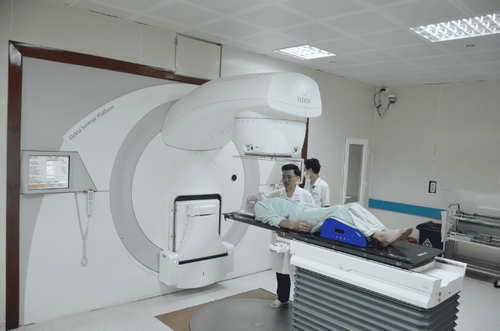
2.4. Clinical trials Small cell lung cancer is difficult to treat. You might consider clinical trials of new chemotherapy agents, immunotherapy, or other treatments that aren't available. If you want to learn more, your doctor can find out which tests might be right for you.
2.5. Supportive therapies In addition, you may need supportive (palliative) care to address specific symptoms. Example:
Bronchodilators to widen the airways of the lungs Oxygen therapy Pain relievers Corticosteroids Digestive drugs 3. Outlook for advanced stage small cell lung cancer Chemotherapy may be effective in shrink the tumor. Many people will experience relief from some symptoms. Even if the cancer is so small that imaging tests can no longer locate it, your doctor will likely recommend maintenance treatment. Because small cell lung cancer is a dangerous disease that almost always comes back after treatment.
Although there is no cure for extensive-stage small cell lung cancer, treatment can help slow its progression and improve your quality of life.
In short, extensive stage small cell lung cancer means that your cancer has spread far away from the tumor. There is no cure for this type of cancer, and treatments are meant to help control symptoms and prolong life. Your doctor will create a treatment plan based on your diagnosis and overall health.
Because lung cancer is very dangerous, so lung cancer screening is the most effective measure for you to detect and promptly treat lung cancer, protect your health and life. Currently, Vinmec International General Hospital has a Lung Cancer Screening Package with many outstanding advantages such as:
A team of highly qualified and experienced doctors. Comprehensive professional cooperation with domestic and international hospitals: Singapore, Japan, USA, .. Comprehensive treatment and care, multi-specialty coordination towards individualizing each patient. Having a full range of specialized facilities to diagnose the disease and stage it before treatment: Endoscopy, CT scan, PET-CT scan, MRI, histopathological diagnosis, gene-cell testing, .. Full range of main cancer treatment methods: surgery, radiation therapy, chemotherapy, stem cell transplant... When registering for the Lung Cancer Screening Package at Vinmec, customers will receive:
Examination respiratory specialist Low-dose computed tomography lung tumor screening.
Please dial HOTLINE for more information or register for an appointment HERE. Download MyVinmec app to make appointments faster and to manage your bookings easily.
References:The American Cancer Society medical and editorial content team. (2019). Treatment choices for small cell lung cancer, by stage. cancer.org/cancer/lung-cancer/treating-small-cell/by-stage.html Lester JF, et al. (two thousand and thirteen). What best supportive care in the treatment of advanced non-small cell lung cancer patients? — Results from the lung cancer economics and outcomes research (LUCEOR) study. DOI: 10.1016/j.lungcan.2013.06.023 Small cell lung cancer. (2019). rarediseases.org/rare-diseases/small-cell-lung-cancer/





